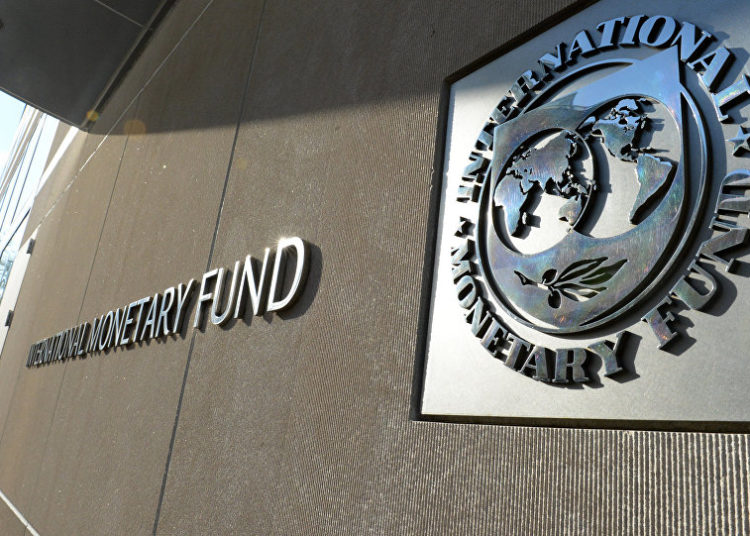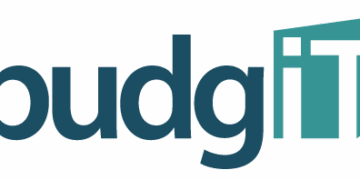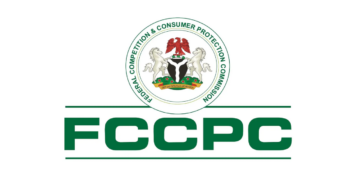The International Monetary Fund (IMF) has highlighted five priority policy options for fostering financial inclusion in Africa’s biggest economy.
They are further increase in financial access points, promote digital financial services, improve financial literacy, upgrade framework for fintech operations and enhance Central Bank Digital Currency (CBDC) features and uses.
“Financial inclusion rates have gradually improved but still fall short of the targets adopted in Nigeria’s 2012 financial inclusion strategy,” the international organisation said in a recent report.
It said the share of the adult population with a bank account has consistently increased and now accounts for more than two-thirds of financially-included individuals.
“However, this bankarisation has been sourced in large part by integrating those having used the non-bank and informal financial sector,” it added.
Financial inclusion is when individuals and businesses have access to useful and affordable financial products and services that meet their needs – transactions, payments, savings, credit and insurance – delivered in a responsible and sustainable way, according to the World Bank.
The importance of financial inclusion, which is a key enabler to reduce extreme poverty and boost shared prosperity, has made it to be identified as an enabler for seven of the 17 Sustainable Development Goals 2030.
According to Enhancing Financial Innovation & Access , Nigeria’s financial inclusion rate grew to 64.1 per cent in 2020 from 63.2 per cent in 2018.
The 2020 figure is below the Central Bank of Nigeria’s 80 percent financial inclusion target for the year 2020. Last year, the apex bank increased the target to 95 per cent by 2024.
Authors of the IMF report said that the onboarding of residents to the banking sector has consistently progressed but the overall exclusion rate and the one for the use of specific financial products continue to exceed official targets by far.
“The reasons for inclusion gaps, also in terms of gender, education, income, and geography, include long distances to financial access points, limited financial literacy, and relatively low use of mobile money and payments,” they said.
They added that policies have focused on improving networks and financial access points and need to continue doing so while also pushing ahead with ID onboarding and refocusing the approach to financial education.
The IMF also revealed that despite CBN’s huge investments in pushing awareness of digital currency in the public space, its adoption is still low.
“After a strong initial uptake, wallet downloads have slowed, reaching 0.8 per cent of bank accounts, and merchant wallet downloads amount to about 10 per cent of merchants with point-of-sale terminals.
“Similarly, wallet activity is low, with most wallets appearing inactive. The average number of weekly eNaira transactions since the launch amounts to only eight per cent of wallets, with an average transaction value of N53,000 (about $120).” it said.
Following Nigeria’s introduction of the e-Naira in October 2021, several Sub-Saharan African central banks have been exploring the use of digital currencies to enhance their payment systems.
The countries are South Africa, Ghana, Uganda, Kenya, Rwanda, Mauritius, Madagascar, Zimbabwe, Eswatini, Namibia and Zambia.
Central banks around the world are considering whether to issue their own CBDCs and are eager to understand its risks and opportunities, Queen Máxima of Netherlands said.
“If designed and implemented with inclusion in mind, they could offer many options to expand access to the underbanked, serve the vulnerable and the poor,” she said.
Máxima, who is also the United Nations Secretary-General’s Special Advocate for Inclusive Finance for Development, said that CBDCs could pose new challenges and risks which would require sound approaches to overcome.
“So, I encouraged us to do our homework and proceed with a certain caution.”





